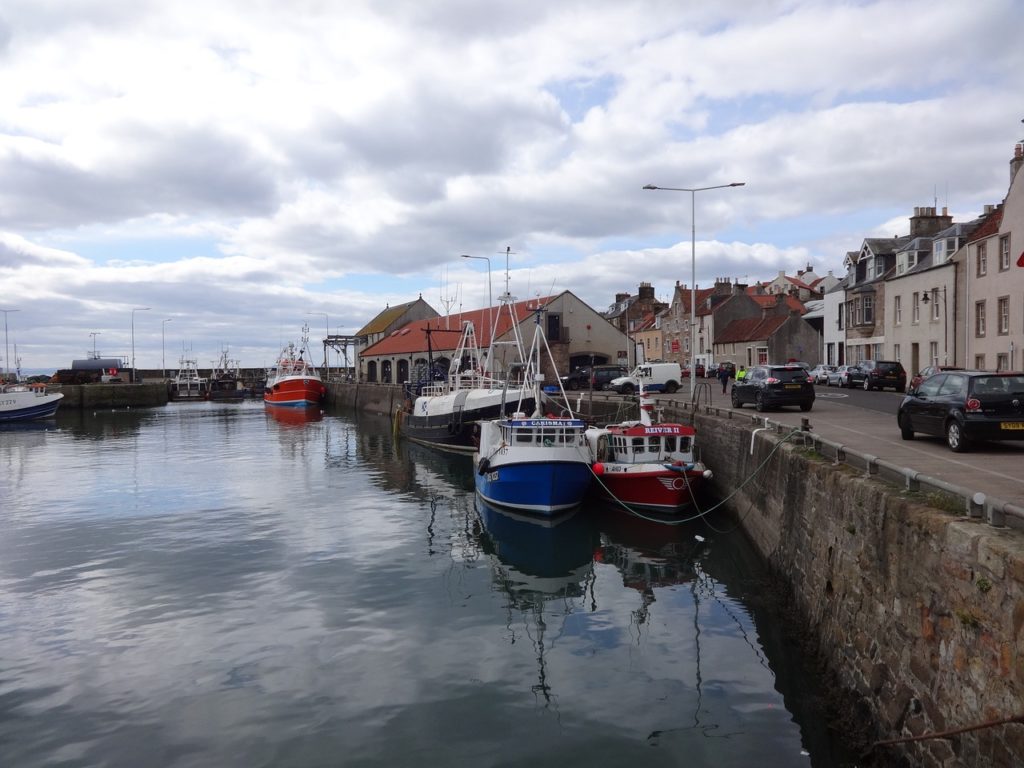Scottish fishermen are finding it impossible to sell their catches to the continent because of administrative delays associated with the new rules on trade between the UK and the EU.
The problem is that the delays mean that by the time the fish landed by Scottish boats arrives at auction, it is no longer fresh enough to meet the demands of traders and customers.
As a result, The Independent reports, the price of some fish have collapsed by as much as 80%. The British fishing industry exports 70% of its catch to the EU.
According to the industry representative body Scotland Food & Drink, some fishing boats are now choosing to land their catches in Denmark rather that British ports. A catch landed in Denmark can be on the road to Paris and points beyond in no time, avoiding costly delays.
Fisheries policy was one of he last hurdles to be faced in the talks between the UK and the EU which resulted in a last-minute deal on Christmas Eve last month. The deal was described as a victory for the UK fishing industry by prime minister Boris Johnson, but the industry itself has found little to boast about since then.
While the British government did manage to win some points on fishing quotas for foreign boats, that will take six years to be fully felt. In the meantime, fishermen and traders are rediscovering the red tape that was such a problem before the UK joined the EU (the EEC as was).
That issue was such a barrier to trade that it was the UK that led the rush to create the Single European Market in 1994 – a trading Utopia the country was to leave voluntarily only 22 years later.
“Dozens of lorry loads of fish have failed to leave Scotland on time since the full Brexit regulations came into force on January 1 this year,” Scotland Food & Drink said in a statement. “Confusion over paperwork, the extra documentation needed and IT problems have all contributed to delays and hold-ups.”
For a product like fish and seafood, even a slight delay can render a catch impossible to sell, and the new procedures are piling delay upon delay. Small consignment sent as a test to France and Spain – two countries normally avid consumers of Scottish seafood – were taking three days to reach their destination, when previously one day would suffice.
“Our customers are pulling out,” trader Santiago Buesa of SB Fish told Reuters. “We are a fresh product and the customers expect to have it fresh, so they're not buying. It's a catastrophe.”
Alan Hope
The Brussels Times

